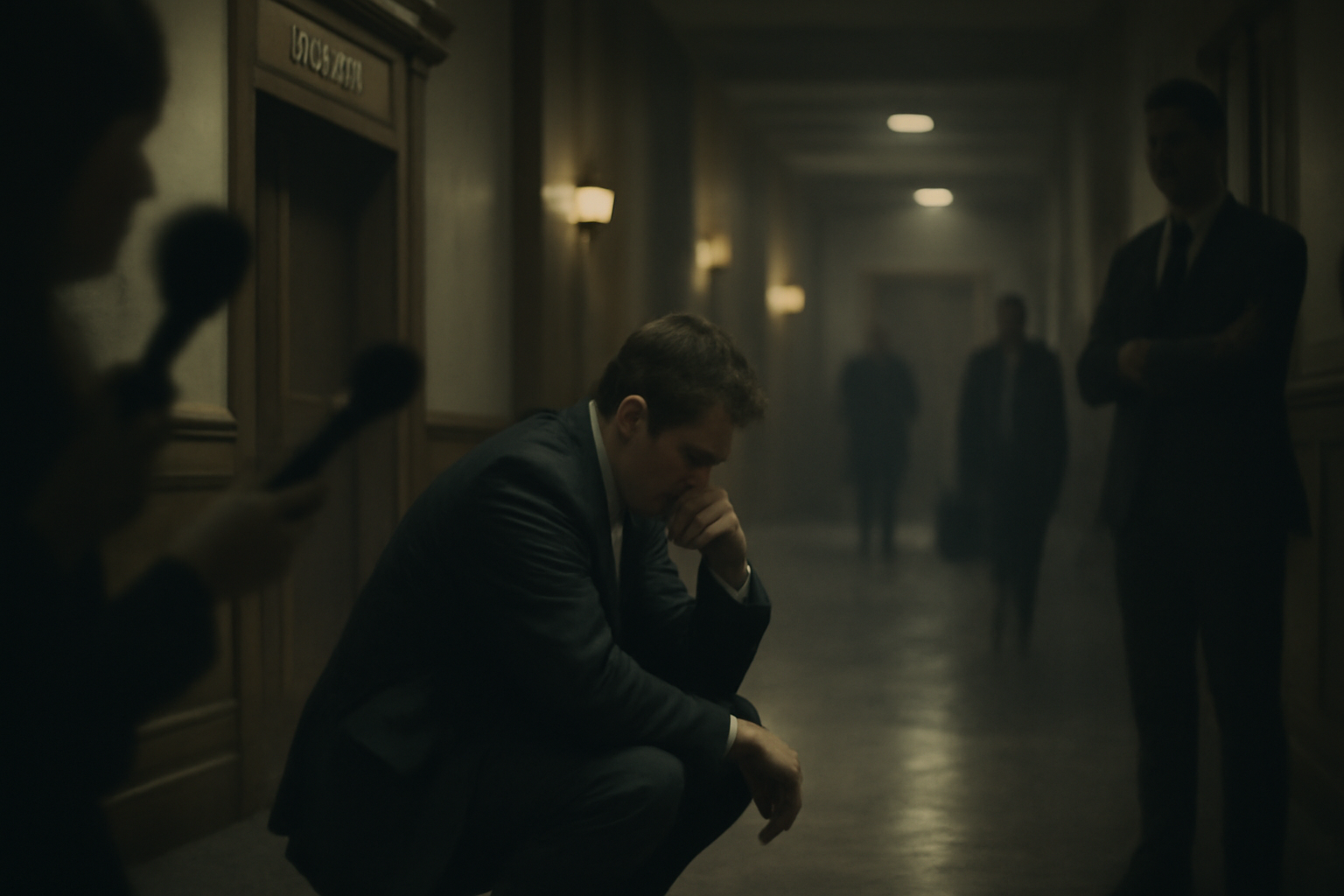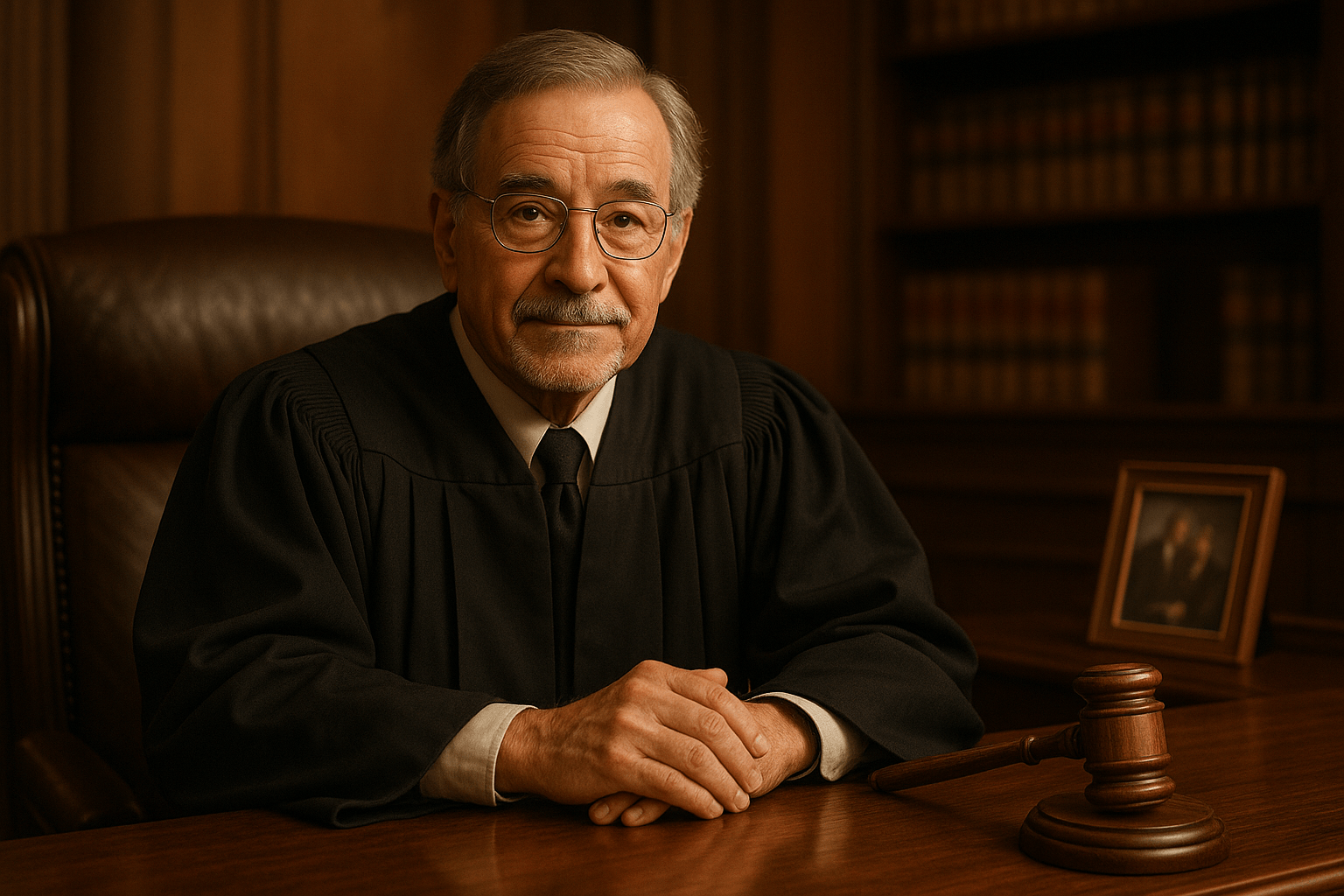Why Lawyers Warn Against Publicizing Settlements in Harassment Lawsuits: The Case of Cuomo
Legal proceedings, especially those involving high-profile figures like former New York Governor Andrew Cuomo, are often as much about public perception as they are about the letter of the law. Recently, lawyers in harassment lawsuits have issued stern warnings to fellow attorneys about publicizing that Cuomo has settled certain claims. But why this caution? What are the legal and ethical implications when details about settlements become public?
Understanding the Delicate Nature of Harassment Lawsuits
Harassment lawsuits, especially those in the public eye, are sensitive for both accusers and the accused. These cases can have a profound impact on careers, reputations, and the broader community. When settlements are reached, they’re often the result of lengthy negotiations, with both sides seeking to minimize risk and move on from the ordeal.
Settlements usually come with confidentiality agreements. These are legally binding contracts that prohibit involved parties from discussing the settlement’s terms or even its existence. In high-profile cases, these agreements protect individuals from further reputational harm and prevent details from fueling media speculation.
Why Lawyers Advise Discretion
Recently, reports emerged that lawyers working on harassment lawsuits related to Andrew Cuomo have been admonished by their peers for publicizing information about settlements. This is not just a matter of professional courtesy; there are solid legal and strategic reasons behind such warnings.
- Violations of Confidentiality: Disclosing the existence of a settlement without mutual consent can violate the terms of a confidentiality agreement and potentially lead to legal penalties.
- Prejudicing Ongoing or Future Proceedings: Public statements can influence jury pools or complicate legal strategies in related cases.
- Fuel for Public Opinion: When the media reports that a settlement occurred, it is often interpreted—rightly or wrongly—as an admission of guilt. This can be damaging, whether or not the accused admits fault.
High-Profile Settlements and Public Perception
In Andrew Cuomo’s case, any acknowledgment of settlement talks or agreements could add further fuel to ongoing political drama.
But it’s important to clarify: a settlement is not an admission of guilt. It often represents a pragmatic decision to avoid the cost, time, and emotional stress of prolonged litigation. Publicizing a settlement unjustly sways public opinion, potentially casting a shadow over a figure’s future endeavors—even when evidence is contested or ambiguous.
The Legal Risks for Lawyers Who Speak Out
Lawyers have both ethical and legal duties to protect their client’s interests. Publicizing confidential settlement details can breach attorney-client privilege and violate professional codes of conduct, risking disciplinary action against the attorney.
Additionally, breaking a settlement’s confidentiality clause can lead to lawsuits against the lawyer and their client for breach of contract. The consequences may include financial penalties and, in some cases, criminal liability.
Confidentiality Clauses: Protecting All Parties
Why are these clauses so common, and who do they really serve?
- For the accuser: They often want to move on from a painful period in their life without being continually asked about personal details.
- For the accused: Protecting reputation and preventing information from being mischaracterized in the court of public opinion is crucial.
- For both parties: Confidentiality can allow resolution without further escalation or publicity, offering finality.
Confidentiality provisions aren’t just about hiding wrongdoing—they can be essential for privacy and mental health, especially after an emotionally fraught legal process.
The Broader Implications for Politics and Justice
In the fast-moving world of politics, settlement rumors can have outsized impacts. In Cuomo’s situation, as outlined in reports such as this detailed Politico article, the specter of ongoing legal matters—settled or otherwise—could haunt any political comeback.
Public officials face different standards than private citizens. The court of public opinion often renders verdicts more swiftly and with less evidence than any courtroom. That’s why even the appearance of wrongdoing, exaggerated by the premature or inappropriate disclosure of a settlement, can dominate headlines and damage reputations irreparably.
Lessons for Legal Professionals – and the Public
The warnings by lawyers in the Cuomo harassment lawsuits serve as a reminder that ethics and legal strategy go hand in hand in high-profile litigation. The pressure to “get ahead” in the media can be intense, but the downsides—professionally and personally—are huge.
For the public, it’s crucial to understand the difference between a settlement and an admission of guilt. There are many reasons lawsuits settle, and confidentiality serves both accusers and the accused in providing a dignified resolution. Jumping to conclusions based on incomplete or leaked information only undermines due process and justice.
Further Reading & Resources
- Timeline: Sexual Harassment Allegations Against Andrew Cuomo (NYT)
- American Bar Association: Confidentiality in Settlements
- Lawfare Blog: Why Settling Lawsuits Doesn’t Mean Admitting Guilt
In an age of instant news cycles and social media speculation, legal professionals and the public alike must tread carefully. Confidentiality exists for important reasons—protecting rights, reputations, and the integrity of the justice system.




